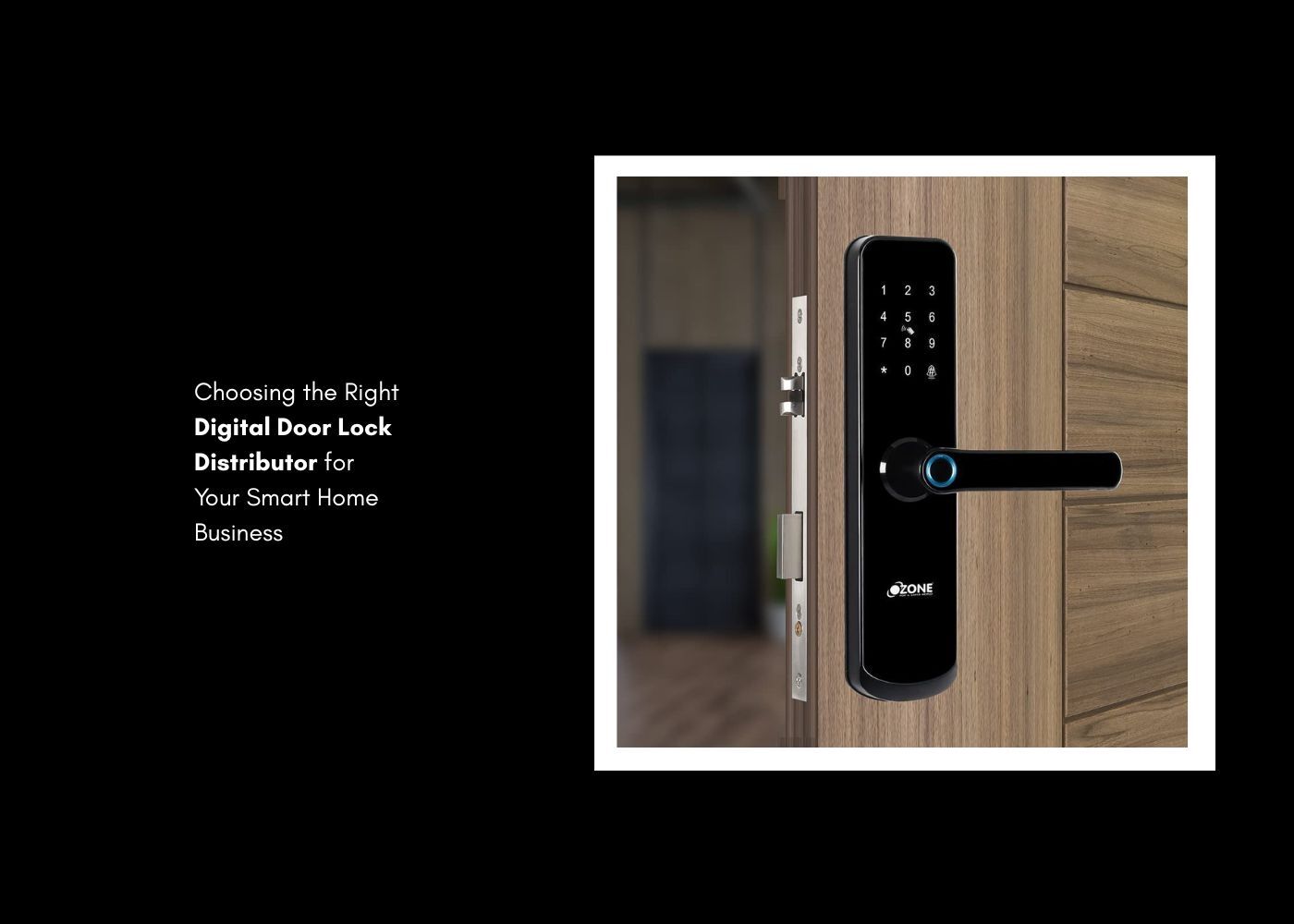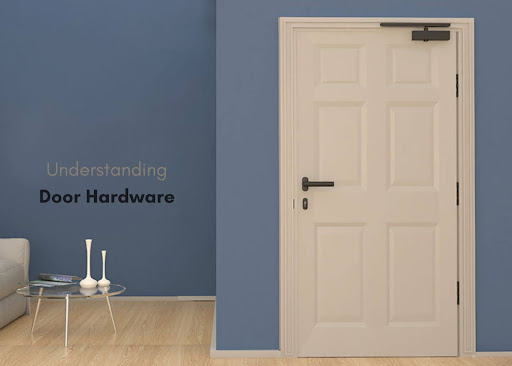Choosing the right floor spring for your glass doors can significantly impact both functionality and aesthetics. Floor springs are essential components that ensure smooth opening and closing, maintaining the elegance and efficiency of your space. This guide will compare hydraulic and mechanical options to help you make the best decision for your needs.
What Is a Floor Spring?
A floor spring is a type of door closer mounted on the floor, allowing for controlled opening and closing of doors, especially heavy ones like glass doors. Unlike traditional door closers, floor springs are concealed, offering a sleek appearance without compromising on functionality. The main floor spring components include a spring mechanism, adjustment screws, and a housing unit installed beneath the door.
Floor Spring Benefits
- Aesthetic Appeal: Concealed design maintains the clean lines of glass doors.
- Durability: Designed for heavy-duty use, suitable for high-traffic areas.
- Controlled Closing: Provides adjustable closing speed and closing force.
- Double Action: Allows doors to open both ways, enhancing convenience.
Understanding the types of floor springs available is crucial for selecting the right one for your application.
Overview of Hydraulic Floor Springs
Hydraulic floor springs use fluid mechanics to control the opening and closing of doors. The hydraulic mechanism provides a smooth and controlled motion, ideal for environments where quiet and consistent operation is essential.
What Is a Hydraulic Floor Spring?
A hydraulic floor spring is equipped with a cylinder filled with hydraulic fluid. When the door opens, the fluid flows through channels, absorbing energy. Upon closing, the stored energy helps the door return to its closed position gently and smoothly. This type of floor spring door is perfect for settings like offices and commercial buildings where professionalism is paramount.
Advantages of Hydraulic Floor Springs
- Smooth Operation: Offers seamless and quiet door movement.
- Adjustable Closing Speed: Allows fine-tuning of the door closing process.
- High Durability: Suitable for heavy doors and frequent use.
- Hold Open Function: Some models include a hold open feature at specific angles.
For instance, the Hydraulic Patch for Wooden Doors (OCFH-W-100) by Ozone provides excellent functionality combined with ease of installation.
Overview of Mechanical Floor Springs
Mechanical floor springs rely on mechanical components without hydraulic fluid to control door movement. These are simpler in design and can be more cost-effective floor springs for certain applications.
What Is a Mechanical Floor Spring?
A mechanical floor spring uses a coiled spring mechanism to store and release energy as the door operates. While lacking the fluid motion of hydraulic systems, mechanical springs are reliable and easier to maintain. They are ideal for locations where budget and ease of installation are primary concerns.
Benefits of Mechanical Floor Springs
- Cost-Effective: Generally less expensive than hydraulic counterparts.
- Simplicity: Easier to install and maintain due to fewer components.
- Suitable for Light to Medium Doors: Great for residential spaces or low traffic areas.
Products like the Super Spring (FS-8400-S) from Ozone offer reliability without the complexity of hydraulic systems.
Pros and Cons of Hydraulic vs Mechanical Floor Springs
Understanding the advantages and disadvantages of each type helps in making an informed decision.
Hydraulic Floor Springs
Pros:
- Smooth and quiet operation
- Adjustable closing speed and force
- Suitable for heavy and high-usage doors
- Professional appearance with concealed installation
Cons:
- Higher cost
- More complex installation
- Requires periodic maintenance
Mechanical Floor Springs
Pros:
- Lower cost
- Simpler installation
- Less maintenance-intensive
Cons:
- Less smooth operation
- Limited adjustability
- Not ideal for very heavy doors
Choosing the Right Floor Spring
Selecting between hydraulic and mechanical floor springs depends on several factors:
- Door Weight and Size: Heavy glass doors benefit from the controlled motion of hydraulic springs.
- Traffic Frequency: High-traffic areas like commercial establishments may require the durability of hydraulic systems.
- Budget Constraints: Mechanical springs offer a more affordable solution for tighter budgets.
- Desired Features: Features like hold open and double action are more commonly found in hydraulic models.
When Should I Use a Mechanical Floor Spring?
Mechanical floor springs are suitable when:
- The door is light to medium weight.
- Budget is a significant consideration.
- High adjustability is not a priority.
- Installation needs to be straightforward.
For example, the Cam Action Floor Spring (FS-9000) offers ease of use for standard applications.
Additional Considerations
- Type of Door Closer: Floor springs are one of several types of door closers; consider if they are the best fit for your needs.
- Installation Environment: For doors exposed to the elements, ensure the floor spring is suitable for such conditions.
- Maintenance Needs: Hydraulic springs may require more maintenance due to their fluid components.
The Ozone Advantage
At Ozone Overseas, we bring over 25 years of expertise in architectural hardware solutions. Our products are designed with thoughtful space solutions in mind, ensuring they not only function flawlessly but also enhance the beauty of your space.
Why Choose Ozone Floor Springs?
- Quality Assurance: All products meet global quality standards.
- Wide Range: From the Double Cylinder Floor Spring (FS-10400) to the Cam Action Power Adjustable Floor Spring (FS-11400), we offer solutions for every need.
- Expert Support: Our team is ready to assist with selection and installation guidance.
- Innovative Design: Products like the Super Spring (FS-8400-S) showcase our commitment to innovation.
Connect with Ozone
- Customer Support: Reach us at customercare@ozone.in or call +91-9310012300.
- Experience Centre: Visit our experience center to explore products in person.
- WhatsApp Channel: Join us on WhatsApp for updates and support.
Conclusion
The choice between hydraulic and mechanical glass door floor springs depends on factors like door weight, traffic frequency, budget, and desired features. Hydraulic floor springs offer smooth, adjustable, and durable solutions ideal for commercial buildings and heavy doors. Mechanical floor springs provide a cost-effective and simple option suitable for lighter applications.
Ozone Overseas stands ready to equip your space with the perfect floor spring. Our commitment to European level quality, innovation, and customer satisfaction ensures you receive a product that not only meets but exceeds your expectations.
FAQS
The primary floor spring components include the pivot, spring mechanism, damping system (in hydraulic models), and the housing unit that is concealed beneath the door.
Consider the following factors when choosing between hydraulic and mechanical floor springs:
- Door weight and size: Hydraulic springs are better suited for heavy doors, while mechanical springs work well for lighter doors.
- Traffic level: Hydraulic springs are ideal for high-traffic areas, while mechanical springs suffice for low-traffic areas.
Floor springs are versatile but are especially beneficial for glass doors, heavy doors, and doors that require double action or concealed closers. Always check compatibility with the specific door type.
While primarily used in commercial buildings, hydraulic floor springs can be used in residential settings where high-quality door control is desired, though they may be more than what is necessary for typical home use.
Regular inspection to ensure components are functioning correctly is advised. Hydraulic springs may need periodic checks for fluid leaks, while mechanical springs should be checked for wear in the spring mechanism.









Floor Spring